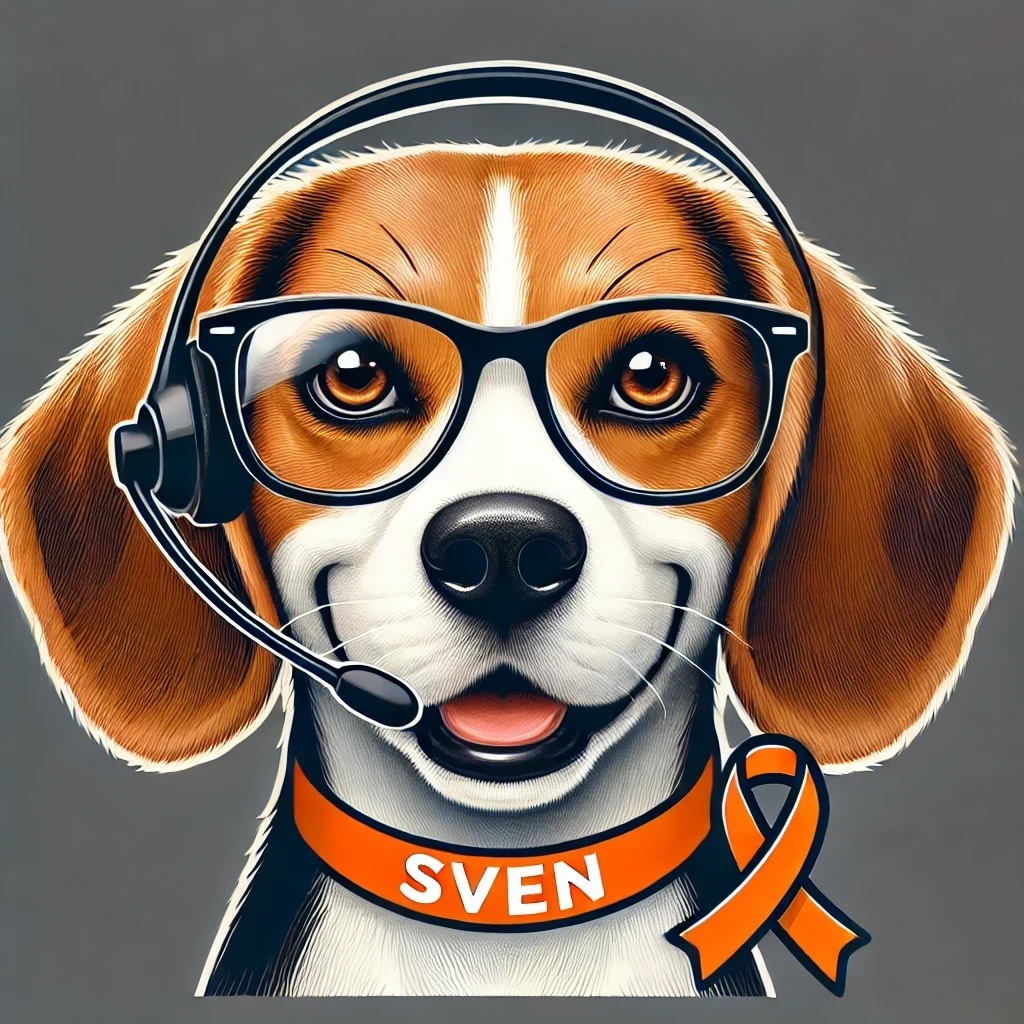Standards For Supervised Visitation Practice
9.0 Provider's Responsibility For The Child
9.1 Purpose
This section is intended to clarify the boundaries between parent responsibility and provider responsibility for children during the provision of service. Parent, as defined in section 2.0 of the Standards, refers to a biological mother, father, or other adult, including an adoptive parent, guardian, or state agency or its representatives.
9.2 General Policy
A provider must have clearly defined policies and procedures for parental and provider responsibilities.
9.3 Parental Responsibility
- While parents are responsible for their own behavior during supervised visitation, a provider may hold a parent accountable for their behavior by ensuring that the parent follows the program policies and procedures, the court order, and the signed service agreement.
- Parents, to the best of their abilities, are responsible for the care of the child and the child's belongings before, after, and during supervised visits, subject to any contrary order of the court.
9.4 Provider Responsibility
- Children must not be left unattended with a noncustodial parent (their own or any other custodial or noncustodial parent) any time during visitation services. An exception to this rule is during intermittent supervision as defined under section 2.10.
- Providers must have written polices and procedures for parent/child contact not covered by court order or agreement of the parents. These policies for the parent/child contact must not delegate authority entirely to one of the parents. Ultimate decision making will be left to the provider. (see sections 14.3 and 15.3)
- Providers are responsible for the care and protection of a child during the transition of the child from one parent to another
- Providers must consider accommodations to support parents as necessary and/or required by local, state or federal accessibility laws.
|

